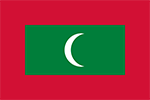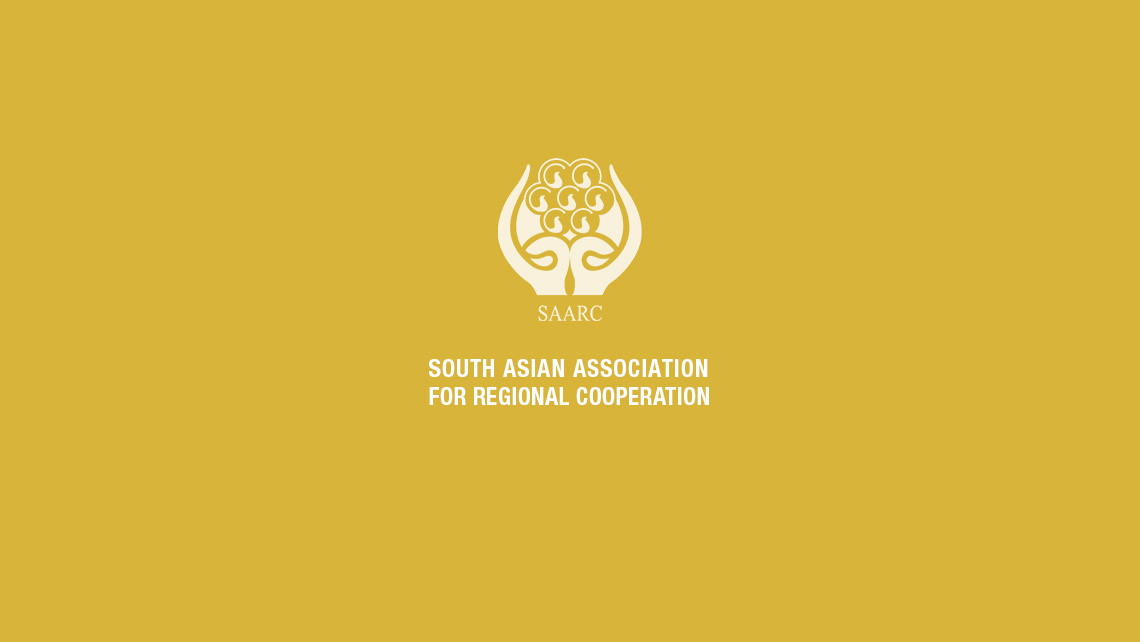H. E. Mr. Amjad Hussain B. Sial, Secretary General of the South Asian Association for Regional Cooperation (SAARC), addressed the Thirteenth Informal Meeting of the SAARC Finance Ministers in Nadi, Fiji, this afternoon.
Chaired by Hon. Dr. Yuba Raj Khatiwada, Finance Minister of Nepal, the Informal Meeting was devoted to the theme, “Financial Inclusion”.
In his address, the Secretary General said, “The primary objective of SAARC, as enshrined in its Charter, is to promote the welfare of the peoples of South Asia and to improve their quality of life through accelerated economic growth in the region. The theme of this Meeting, Financial Inclusion, therefore, draws inspiration from the SAARC Charter itself.”
He said that the theme of this Meeting bore considerable significance in view of the increasing emphasis being given to regional economic and financial integration. “As we are aware, at the Eighteenth SAARC Summit, our leaders have reiterated their commitment to achieving the goal of the South Asian Economic Union in a phased and planned manner through creation of a Free Trade Area, a Customs Union, a Common Market, and a Common Economic and Monetary Union,” he said.
Speaking on the theme of the Meeting, the Secretary General said, “South Asia is home to almost a quarter of humanity. According to Global Findex Report 2017, 70 percent of adults in the region have an account with a financial institution or mobile money provider, which was 47 percent in 2014. Much of this growth was driven by India, where the Government has actively promoted financial inclusion through biometric identification linked to basic savings accounts.”
The Secretary General opined that despite significant expansion of microfinance and SME activities in the region, a large number of people were still poor and did not have access to financial services. “Pragmatic policies targeting those people who are still excluded from the financial system are the need of the hour,” he stated, adding that financial institutions, including cooperatives, could play a proactive role in promoting Financial Inclusion across the region.
He stated that mere financial inclusion may not be enough for promoting the welfare of the peoples of the region. “In order to achieve this objective, it is essential to work together towards attaining sustainable growth and inclusive development, along with meaningful financial inclusion,” he asserted.
Taking advantage of their collective presence at the Annual General Meeting of the Asian Development Bank, SAARC Finance Ministers have been meeting informally on its sidelines since 2006. These meetings are facilitated by ADB, which is an active partner of SAARC.
Kathmandu, 02 May 2019









